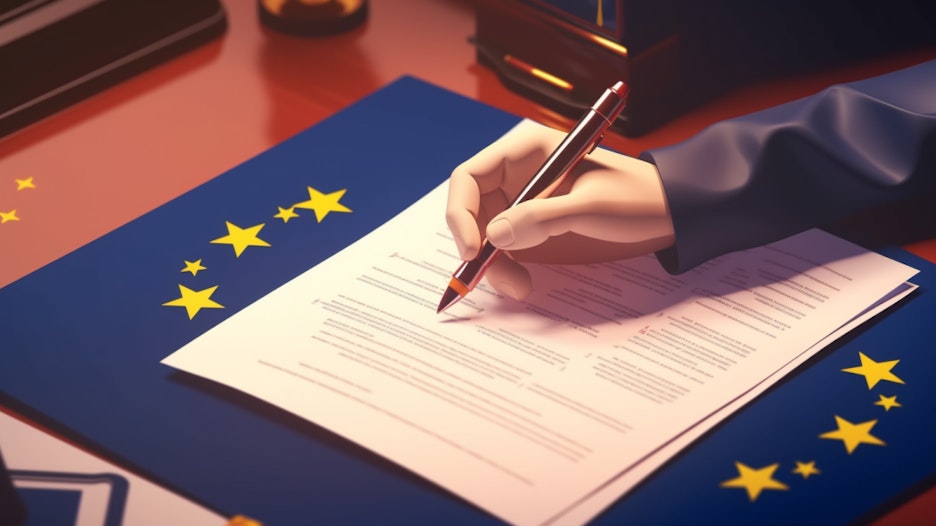News - EU Parliament and member states sign MiCA
The European Union is setting a new milestone on the road to its own crypto regulation. Representatives of the EU Parliament and the EU Council signed the final draft of the Markets in Crypto Assets (MiCA for short) last night. With the signing of the document, it is now not far until the regulations for the economic zone take effect.
The regulation makes the EU the first major economic zone to establish uniform rules for the crypto sector - from utility tokens and stablecoins to the custody of Bitcoin and Co. In the future, crypto service providers will require a mandatory license, allowing them to operate across the EU.
The MiCA has been a closed case for some time. In late April, Parliament approved the final version. In mid-May, the Council, consisting of the 27 member states, also gave the green light.
Praise from politics and business
All in all, both politicians and businesses are pleased with the end result. Stefan Berger praised the regulation to BTC-ECHO as a "great role model" that other countries such as the US or the UK should follow. As a member of the ECON committee, the MP played a key role in shaping MiCA.
Especially abroad, cryptocurrency remains a hot topic. The U.S. regulator SEC is embroiled in legal battles with several providers, but also recently granted a custodial license to a New York-based company.
Regulatory ambiguities in the US have ultimately led to "more and more projects leaving the US when the EU could become a magnet for them," Berger says. What is needed now is a "global MiCA," he adds.
Effective date likely in July
Until then, however, it may take some time. After signing, the MiCA must first appear in the EU's Official Journal. 20 days after that, the regulation will enter into force. From then on, stablecoin issuers and other crypto service providers have 12 and 18 months, respectively, to implement the regulations.
However, MiCA is far from covering all subsectors of the crypto ecosystem. Staking, lending, NFTs and DeFi are still largely unregulated. It remains unclear when the EU will address these issues. Next year's European elections will likely be decisive in this regard.






